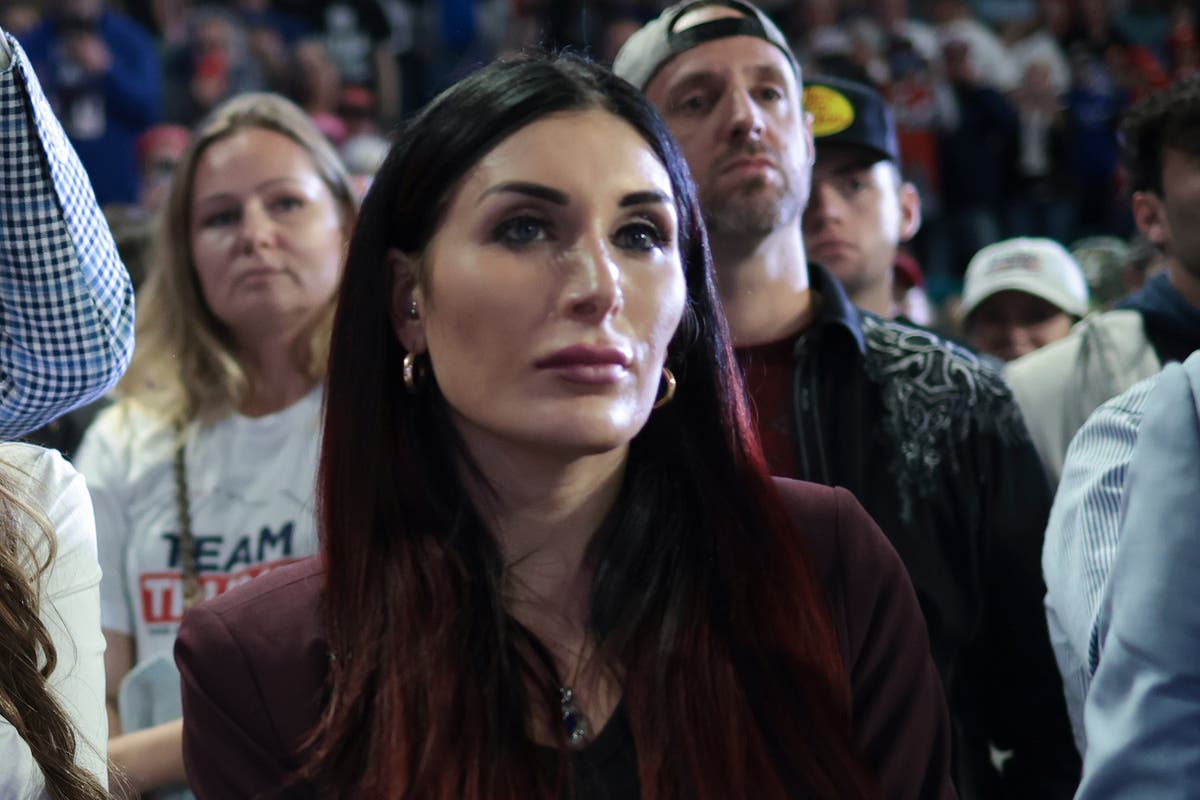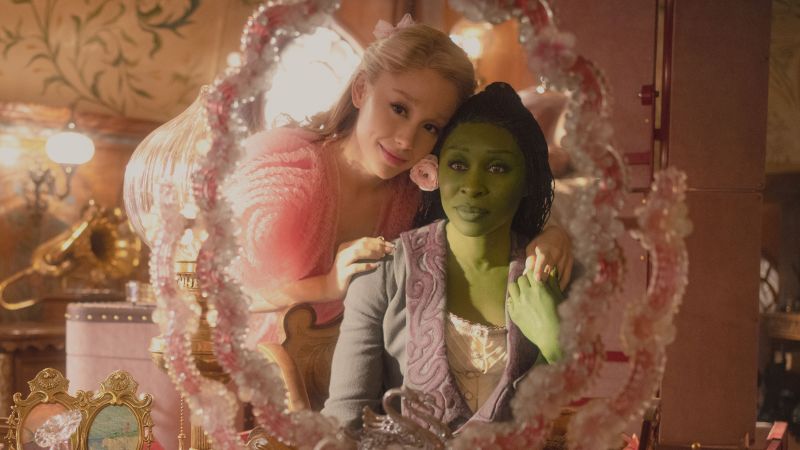- The beauty brand Glossier was founded in 2014, raised millions and grew a devoted fan base.
- Founder Emily Weiss was known among employees to have a unique interview style.
- A new book by Marisa Meltzer described the “tedious” interview process at Glossier.
Glossier was the coolest makeup brand of the 2010s. The company amassed millions of fans with its fresh, low-maintenance image of beauty that contrasted industry standards of caked-on foundation and picture-perfect contour.
The beauty brand’s founder, Emily Weiss, started the company as an offshoot of her successful beauty blog, Into the Gloss.
In 2013, the company raised $2 million in venture capital funding. A year later, Glossier launched its first four products, and by 2016, the company had 10,000 people on a waitlist for its lipstick.
As Glossier expanded and hired staff, Weiss developed a unique interview style, according to a new book about the entrepreneur. In “Glossy: Ambition, Beauty, and the Inside Story of Emily Weiss’s Glossier,” author Marisa Meltzer interviewed Weiss as well as Glossier employees and former job candidates who described Weiss’s hiring tactics.
Weiss had a signature question she asked candidates: “Why do you work?” She told Meltzer that there wasn’t a right answer but that this question helped her understand what motivated people.
“Building Glossier is not a job,” she said. “I believe that building Glossier is a calling.”
Meltzer noted that Weiss’s question could come off to some as out of touch. Many of the candidates were interviewing for entry-level positions.
“Most people work because they have to,” Meltzer wrote.
“There has to be more to it than just, ‘Oh, I need to support my family,'” Weiss told Meltzer. “By the way, I need to support my family too. But why do you choose this? What drives you?”
Former employees described the interview process as “tedious.” Sometimes, Weiss could be blunt. One candidate heard Weiss would stare and ask intense questions, so she really prepared for the interview. Weiss called her out for sounding robotic. Some of Meltzer’s sources were granted anonymity.
Another candidate, who ended up getting the job, said Weiss asked her what brands she thought were doing well. When she replied with a popular company, Weiss told her she hated it. “The candidate went home, got Taco Bell, and cried,” Meltzer wrote.
Other times, Weiss herself would cry, particularly when she talked about her team. She could come off as transparent and raw.
“Crying was a big show of herself being vulnerable, earnest, overcome with emotion, and also a way to shift focus back to herself, even during an interview,” Meltzer wrote.
Then there was the speech. One employee said Weiss gave a long-winded speech about what it’s like working at a startup and that it required commitment and energy.
“It wasn’t an interview at all,” one former employee told Meltzer. “It was more of a speech about what it means to be a woman in tech and what it means to work at Glossier and how many people want this and if I’m not up for the challenge to not take it.”
These things didn’t bother employees so much as it eventually became a tired script. Weiss propped up Glossier as an inspiring company to work for, which it was for some, but she also said the same things over and over again, Meltzer wrote.
It became harder for employees to trust her, Meltzer wrote.
“As Glossier grew, not every employee was going to see Weiss as a visionary.”
Weiss stepped down as CEO in May.






